For Alan HollinghurstContents- I .
POEMS (19752008) - II .
LAURELS AND DONKEYS (20092015) - III .
POEMS (20092015)
Guide
Even now, after twice her lifetime of grief and anger in the very place, whoever comes to climb these narrow stairs, discovers how the bookcase slides aside, then walks through shadow into sunlit rooms, can never help but break her secrecy again. Just listening is a kind of guilt: the Westerkirk repeats itself outside, as if all time worked round towards her fear, and made each stroke die down on guarded streets. Imagine it four years of whispering, and loneliness, and plotting, day by day, the Allied line in Europe with a yellow chalk. What hope she had for ordinary love and interest survives her here, displayed above the bed as pictures of her family; some actors; fashions chosen by Princess Elizabeth. And those who stoop to see them find not only patience missing its reward, but one enduring wish for chances like my own: to leave as simply as I do, and walk at ease up dusty tree-lined avenues, or watch a silent barge come clear of bridges settling their reflections in the blue canal. There were the two ponies and there was Serenade, which belonged to my mother.
Though who belonged would be better, in view of the girlish head-lift she had, and her flounce to and fro in the lumpy field, and that big womanish rump I always gave a wide berth to. When the blacksmith came to shoe her, which was seldom in summer but otherwise often, she would let him hoist and stretch out first one hind leg, then the other with a definitely melancholy, embarrassed restraint. The blacksmith was ferret-faced and rat-bodied, hardly man enough to keep aloft the great weight of one-foot-at-a-time, although he did keep it sort of aloft, crouched over double and bent at the knees, to make a peculiar angle which held each hoof still on his battle-scarred apron. He would set up shop under the covered entrance-way between our house and the stable block: a ramshackle clapboard affair, black (or black weathering to green), with swallows mud villages proliferating in the rafters. I liked it there in the drive-through, which was also where we parked the car (but not on his days) for the oil maps on the dusty cement brilliant as the wet skin of a trout, and for the puzzling swallow-shit patterns, and most of all for that place by the corner drain where a grass-snake had appeared once, an electric-green, sleepy-looking marvel which, when it disappeared, left a print of itself that stayed in the mind for ever. The blacksmith always did cold shoeing, prising off each thin moon-crescent, then carving the hoof with a bone-handled, long-bladed knife.
The miracle of no pain! Serenade gone loose in her skin, her strength out of her, so she seemed suspended in water, her hypnotised breathing steady, the smell of piss and musty hay and ammonia sweat coming off her, her head dropping down, eyes half closed now, and me a boy watching the earth-stained sole of her hoof turning pure white as the blacksmith pared and trimmed, leaving the nervous diamond of the frog well alone but showing me, just by looking, how even to touch that, much worse cut it, would wake her and break the spell and our two heads with it. Our collie dog sat near where the snake had been, ravenous black and white, all ears, sometimes fidgeting her two slim front feet, glancing away as if about to dash off, then twisting back, licking her lips and swallowing with a half-whine. She knew better than to get under anyones feet, but when the blacksmith had done with his cutting, and offered a new shoe, and fiddled it downwards or sideways, and hammered it with quick hits which drove the nail-points clean through (but these could be filed off later, and were) when this was all done, he kicked the clippings across the cement and now it was the collies turn to show a sad restraint, taking one delicate piece between her pink lips, ashamed to be a slave of appetite, and curving away into the yard to eat it in private. The blacksmith straightened himself, one hand smoothing the small of his back, the other picking a few remaining nails from between his own darker lips, then slapped Serenade on the flank with his red palm, rousing her from her trance, running his fingers up her mane and over her ears, giving each a soft tug and saying Shell do, or Good lady, or Theres a girl. Whereupon my mother herself appeared to pay him their hands met, and touched, and parted, and something passed between them and the blacksmith took off his apron with its colours of a battered tin bowl, folded it, and carried it before him in a lordly fashion, using it as a cushion for his collapsed bag of hammers, clippers, knives, files, pliers and nails to the van which he had parked in the lane some distance from us, while my mother untied the halter and led her horse away. There was a crisp clip-clop over the stable yard, and a train of hoof-prints with the neat shoes obvious to me, who had stayed behind with nothing better to do than look.
This was Serenade, who would later throw my mother as they jumped out of a wood into sunlight, and who, taking all possible pains not to trample her down or even touch her, was nevertheless the means to an end, which was death. Now I am as old as my mother was then, at the time of her fall, and I can see Serenade clearly in her own later life, poor dumb creature nobody blamed, or could easily like any more either, which meant nobody came to talk to her much in the spot she eventually found under the spiky may tree in the field, and still less came to shoe her, so her hooves grew long and crinkled round the edges like wet cardboard (except they were hard) while she just stood there, not knowing what she had done, or went off with her girlish flounce and conker-coloured arse, waiting for something important to happen, only nothing ever did, beyond the next day and the next, and one thing leading to another. I pull back the curtain and what do I see but my wife on a sheet and the screen beside her showing our twins out of their capsule in mooning blue, their dawdlers legs kicking through silence enormously slowly, while blotches beneath them revolve like the earth which will bring them to grief or into their own. I pull back the curtain and what do I see but my mother asleep, or at least not awake, and the sheet folded down to show me her throat with its wrinkled hole and the tube inside which leads to oxygen stashed round her bed, as though any day now she might lift into space and never return to breathe our air. I pull back the curtain and what do I see but the stars in the sky, and their jittery light stabbing through heaven jabs me awake from my dream that time will last long enough and let me die happy, not yearning for more like a man lost in space might howl for the earth, or a dog for the moon with no reason at all. On the Metro, two stops in from Charles de Gaulle, somebody slapped my wife.
Just like that a gang of kids for moving her bag from the seat to her lap: a thunderclap behind my back. Very next thing was reeling dark and the kids outside beside themselves: You didnt see!You didnt see!It might be him!It wasnt me! For the rest, she wept through every station into Paris, her head on my shoulder like love at the start of its life.  By the merest chance I had in mind J. K. Stephen who damaged his head in Felixstowe (Suffolk) in 86.
By the merest chance I had in mind J. K. Stephen who damaged his head in Felixstowe (Suffolk) in 86.  ... which reminds me. which reminds me.
... which reminds me. which reminds me.
When I was a kid a man called Morris slapped my face so crazily hard he opened a room inside my skull where plates of light skittered and slid and wouldnt quite fit, as they were meant to, together. It felt like the way, when you stand between mirrors, the slab of your face shoots backwards and forwards for ever and ever with tiny delays, so if you could only keep everything still and look to the end of the sad succession, time would run out and youd see yourself dead. 

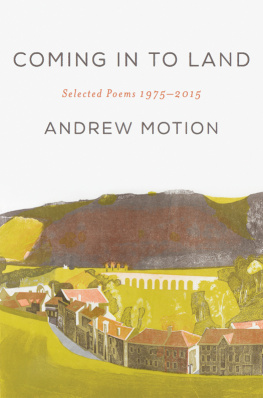

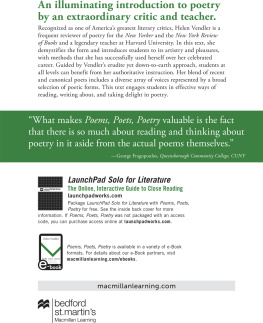





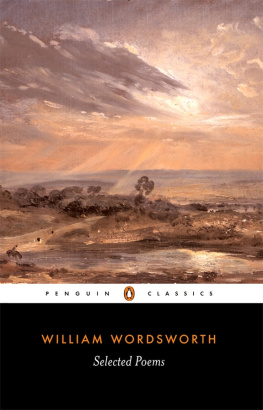
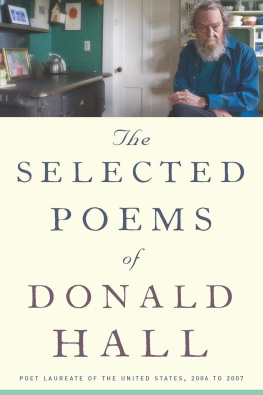
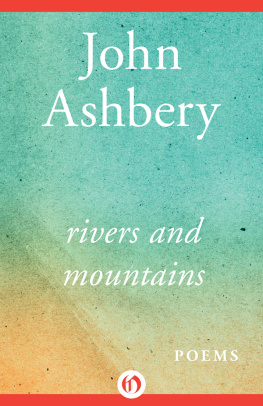
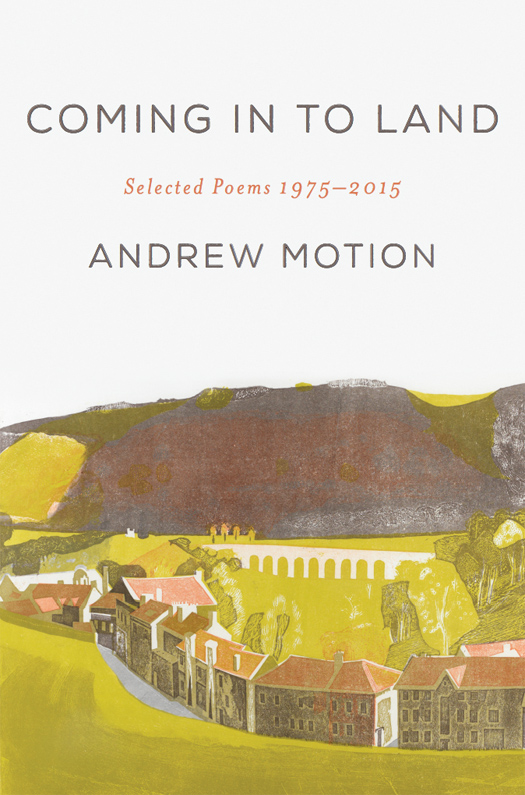
 By the merest chance I had in mind J. K. Stephen who damaged his head in Felixstowe (Suffolk) in 86.
By the merest chance I had in mind J. K. Stephen who damaged his head in Felixstowe (Suffolk) in 86.